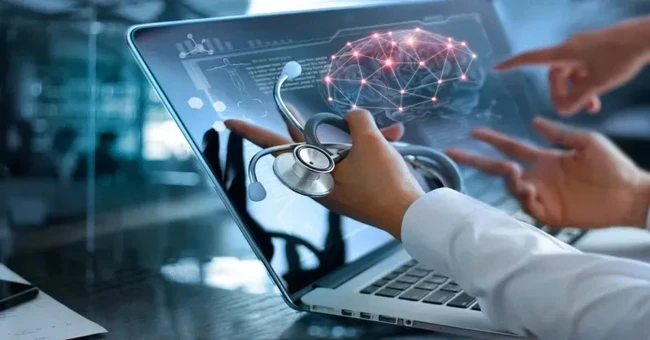As we stand on the cusp of a healthcare revolution, the recent Smart Health Summit 2024 provided a glimpse into the transformative changes shaping the future of medicine on the continent and beyond. While technological advancements took centre stage, a crucial theme resonated throughout the discussions: the indispensable role of medical professionals in this evolving landscape.
In the healthcare of tomorrow, data reigns supreme. The consolidation of patient information into comprehensive, easily accessible records is not just a convenience – it’s a necessity. Platforms facilitating this unified view of medical histories will be pivotal in driving more informed, efficient care.
Patients are no longer passive recipients of healthcare data. The rise of wearable technology and personal health devices has given birth to the era of the “prosumer” –individuals who both produce and consume their own health data. This shift emphasises the growing importance of patient data ownership and access, placing more control and responsibility in the hands of individuals.
However, true innovation goes beyond mere technological advancement. The focus is shifting towards seamlessly integrating these tools into medical workflows, enhancing rather than complicating the work of healthcare professionals. This integration is crucial for improving the precision and personalisation of therapies, ultimately leading to better patient outcomes.
Furthermore, the healthcare industry is witnessing a paradigm shift towards value-based care and alternative reimbursement models. These approaches are driving innovation by aligning financial incentives with patient outcomes, encouraging more efficient and effective care delivery.
The summit highlighted the need for exponential thinking in medical innovation. We’re moving beyond traditional approaches towards intelligence-based medicine and “well-care” – a proactive, preventative approach to health management.
Automation is set to play a significant role in streamlining healthcare delivery, from administrative tasks to complex diagnostics. Meanwhile, cutting-edge fields like biological re-engineering and gene therapy hold the promise of not just treating but potentially eliminating certain diseases altogether.




